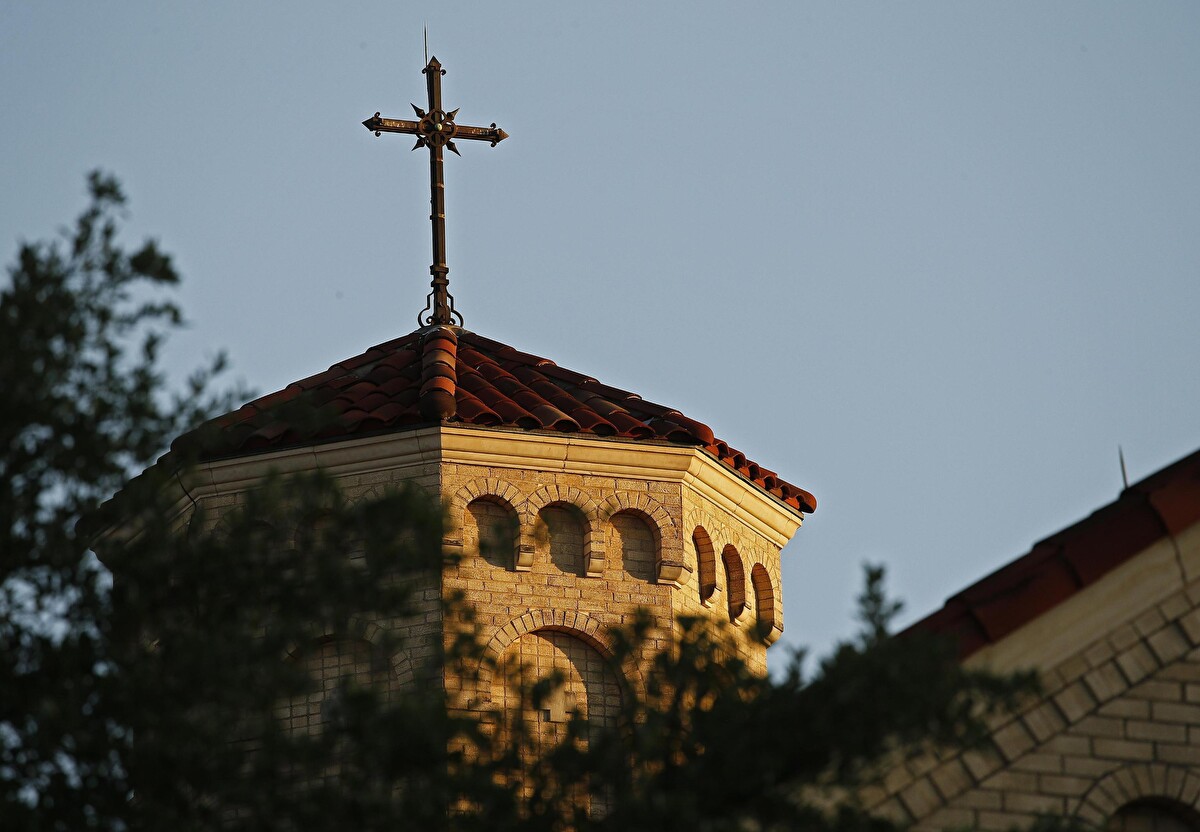Belarusian President Alexander Lukashenko warmly welcomed retired Gen. Keith Kellogg, Donald Trump’s special envoy for Russia and Ukraine, during a high-profile meeting at the Independence Palace in Minsk on Friday. Cameras captured Lukashenko embracing Kellogg and joking about the opulence of the setting: “With all the gold here this looks a lot like Mar-a-Lago,” Kellogg quipped. “Who doesn’t know him? He is the most media-savvy person around these days,” Lukashenko replied.
Kellogg’s visit marks the highest-level U.S. engagement with Belarus in years, reflecting a shift under President Trump toward re-engaging Minsk diplomatically, in contrast with the sanctions-focused policy of the Biden administration. The talks were held behind closed doors and lasted six and a half hours, covering sanctions, relations with Moscow and Beijing, and ongoing conflicts in Ukraine and the Middle East, according to presidential spokeswoman Natalia Eismont.
On Saturday, just hours after the talks concluded, Belarus released 14 political prisoners, including dissident blogger Sergei Tikhanovsky, husband of exiled opposition leader Svetlana Tikhanovskaya. The freed prisoners were transported to Lithuania. “The United States is now strong so we can get these kind of things done,” said John Coale, Kellogg’s deputy, in a video posted online.
Tikhanovsky, 46, had been imprisoned since 2020, when he was detained ahead of a planned presidential bid against Lukashenko. His wife later ran in his place, becoming the face of the Belarusian opposition. On Saturday, she posted a video of their embrace with the caption: “FREE.”
Among those freed were Radio Liberty journalist Igor Karnei, arrested in 2023 on charges of extremism, and Swedish-Belarusian dual national Galina Krasnyanskaya, accused of supporting Ukraine. Lithuanian Foreign Minister Kestutis Budrys confirmed the group had arrived safely and was receiving medical care.
European leaders hailed the releases. European Commission President Ursula von der Leyen called it “fantastic news and a powerful symbol of hope.” German Deputy Foreign Minister Johann Wadephul added, “We must not forget the many other prisoners in Belarus.” Human rights group Viasna still counts 1,186 political prisoners in the country.
Polish Foreign Minister Radoslaw Sikorski called Tikhanovsky “needed by the free world,” and former Belarusian Culture Minister Pavel Latushko described the release as “an important moment,” stressing the detainees had been held “without legal grounds.”
Despite the diplomatic overture, Lukashenko was careful not to signal a break with Moscow. Just a day before meeting Kellogg, he received Aleksandr Bastrykin, head of Russia’s Investigative Committee and a close Putin ally. “We are with you in this difficult time,” Lukashenko told him as he re-affirmed loyalty to the Kremlin.
“Can’t we have a normal dialogue and talk about our affairs — about relations between Belarus and the United States of America?” Lukashenko said to Kellogg, adding that Belarus would remain stable: “There will be no escalation, not only in Belarus but also around us.”
Balazs Jarabik, a former EU diplomat, called the visit “a serious diplomatic upgrade,” noting Washington now views Minsk not just as a dictatorship, but as a regional actor with a role to play in ending the war in Ukraine. “Belarus is no longer just a moral cause — it’s a geopolitical challenge,” he said.
Kellogg was joined by Christopher W. Smith, a deputy assistant secretary of state who had previously traveled to Minsk in February to explore a deal involving sanctions relief in exchange for prisoner releases.
Meanwhile, tensions escalated elsewhere. In Moscow, Russian officials condemned a U.S. airstrike on Iranian nuclear sites ordered by President Trump. The Foreign Ministry called it a “gross violation of international law,” while Dmitry Medvedev suggested some countries were now ready to supply Iran with nuclear arms.
The Iranian foreign minister, speaking from Istanbul, announced plans to consult with President Vladimir Putin in Moscow, reaffirming the countries’ strategic alliance. “Russia is a friend of Iran and we enjoy a strategic partnership,” he said.
Ukrainian President Volodymyr Zelenskyy reacted sharply, warning that “Ayatollah Putin” should expect the same fate as Iran’s leaders. “Russia wants to wage war. Even brandishing some threats. This means the pressure the world is applying isn’t hurting them enough yet,” Zelenskyy posted.
Sources within the Russian government told The Moscow Times that the Kremlin had not anticipated Israel’s offensive and is now scrambling to respond. “If we had real tools to influence the situation, we would have acted,” one Kremlin adviser said. Putin has remained publicly silent.
Russia’s muted reaction reflects diminished influence in the region. Despite recent military and economic partnerships with Tehran, Moscow has stopped short of promising military aid. “Military support, like S-400 systems, would be extremely difficult,” said former diplomat Boris Bondarev. “There’s no guarantee they wouldn’t be intercepted or destroyed.”
As the crisis deepens, Russian officials are quietly working to form a diplomatic front with countries like China, India, and Brazil, urging restraint. But skepticism abounds. “It will be hard for us to lead this kind of coalition while we’re engaged in our own war,” one diplomat said.












